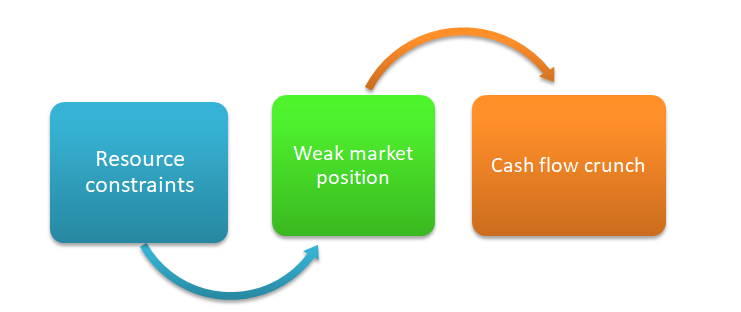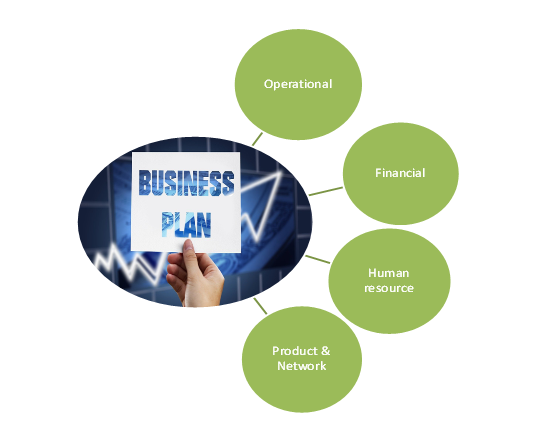Are you late for this already?
In the most simplistic manner, A Business crisis refers to "a sudden and
unexpected event that threatens to disrupt an organization's operations and
poses both a financial and a reputational threat” (Coombs, 2007:163)
The
suggestions or observations might seem very basic but given the severity of the falling market scenario, the idea is to begin the transforming process as early
as possible. At least, that’s what we must do to overcome the catastrophic
effects Covid posing on our businesses.
Compared
with the previous crisis, Covid-19 is more complex and seems to be staying here
for a long. It’s creating immense social and economic disasters at all levels,
including unemployment, social phobia, disruption in the supply chain, stock market
crashes, economic lockdowns, and de-globalization of economies.
To be honest, due to the uniqueness of the present Covid-19 crisis, previous research might not be applicable or relevant to be applied anywhere. None of us was ready for this situation, as who thought of some artificial strain of any virus that could cause so much damage to our lives as well as to our businesses?

The
crisis has hit the industry at large but the most affected ones are small and
medium enterprises or startups in the infancy stage.
On the brighter side, some innovative firms have reacted fast and flexibly to the pandemic, and have been critical in helping India shift towards fully-digital work, education, and health services, and have provided innovations in medical goods and services & supply chain essentials.

Vulnerability of Small
and medium enterprises
SMEs
have largely suffered from financial loss, reduced sales volume, incapability
of meeting contract terms, cash flow difficulty, reduction in employees, and
even close down of the business during or after crisis events.
Well,
some companies recover from crises, and others do not. McConnell (2011) stated
that recovery from a crisis is never complete, particularly in SMEs. It goes a
long way to overcome the ill effects of the industrial or sectored slowdown.
Can we become a
crisis-ready organization?

We
have summarized a five-categorical model for survival strategies for small
businesses. The five categories are operational, financial, human resources,
products, and network.
Small
businesses have lesser compliance burden and management responsibility so they
can make an alternative strategy for the times when the market is hit badly and all
the economic factors are in adverse conditions.
These five factors play significant roles in the management of startups and SMEs so the plan shall be specifically categorized to suit the crisis decision-making.
What we expect from the
policymakers
Amidst all the upside down of our economy, the policymakers need to pay special attention to the startup ecosystem as the blooming has just started and this is the time when they need to nurture the most by:
- Reducing administrative/compliance burdens for start-ups by implementing simplified procedures, and accelerating transitions to e-governance.
- Identifying the Special incentives for digital, innovation, and tech startups that can make the services accessible to the masses with a focus on health care and basic essentials. Trust me; this is going to benefit us a long long way.
- Ensuring that funding remains available for innovative start-ups at all stages of their development, in coordination with the private sector.
- Maintain faith in the start-up ecosystem, especially ensuring incubators and accelerators continue playing an important medium-term role in providing guidance, and mentoring to potential entrepreneurs and existing start-ups.
A resilient and dynamic behavioral approach to any crisis is expected from entrepreneurs and a well-drafted crisis management plan is a must for all current and upcoming startups.
As they say, “None of
us is stronger than all of us”. And we are endlessly working together in this
for the ideas of those optimists, who live to make their dream business alive
one day!!
The author is a practicing CS and an optimist with a vision to help startups survive this pandemic. For suggestions/queries, she can be reached at csparuld@gmail.com













